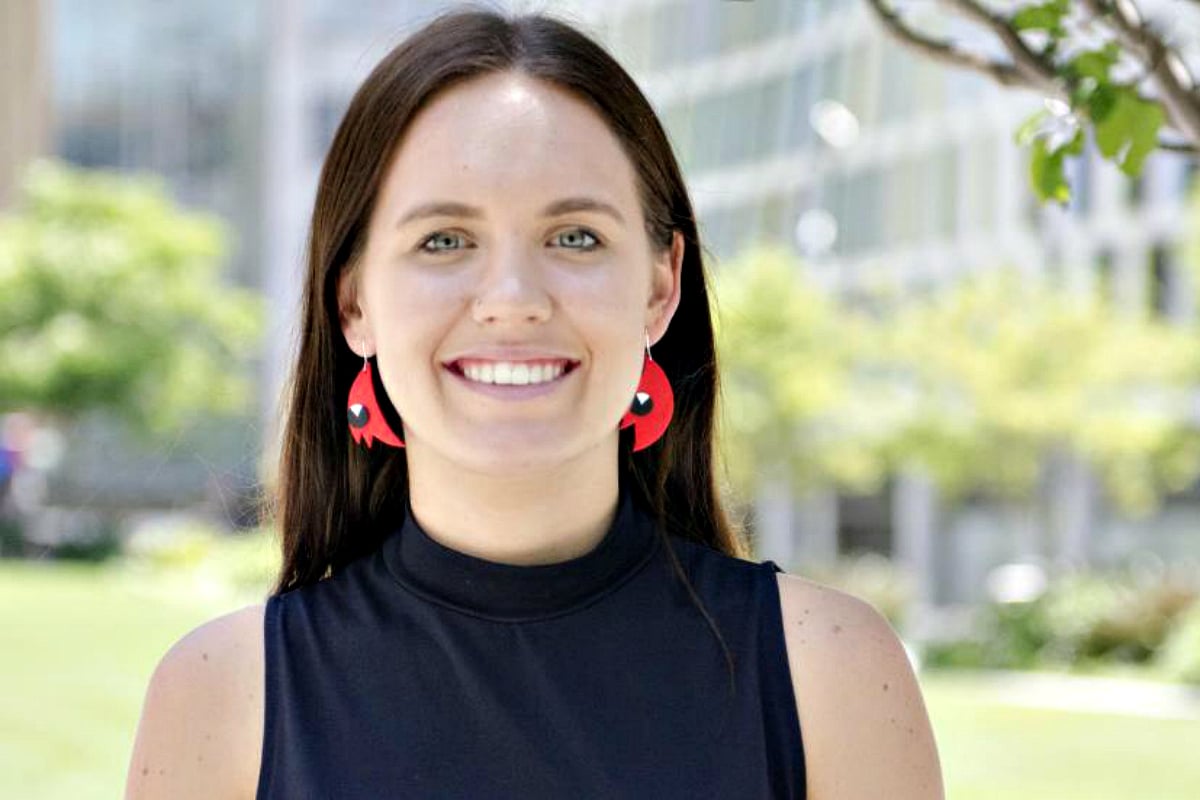
Marlee Silva is a proud Kamilaroi Dunghutti woman and the host of Mamamia’s new podcast Tiddas 4 Tiddas, where every week she will be speaking to some of the brightest and most interesting Indigenous women in Australia.
But on No Filter, the 23-year-old told host Mia Freedman her story. And it’s a great one.
Here’s part of their fascinating chat…
***
MIA: “Tell me about the day that your dad came to pick you up from school and everything changed.
MARLEE: “I was probably four weeks into Year Seven. Twelve years old, very nerdy and a bit socially awkward, which is something I’m proud of in hindsight. But I was very worried about making friends. When you’re that age, you have a best friend for about a week, and I had a new one. It was Friday afternoon, and the skies opened at three o’clock and our bell went at 3:05… I was racing down to the [school] gate with my new best friend, in the rain, mucking around. And just as I got to the end of the gate, I heard someone call out my name. I looked up and there, standing in his pyjamas (because he’s a shift worker and had been asleep during the day) and bright-blue gumboots with this big umbrella, was my dad. I was mortified. I couldn’t believe he was there in his pyjamas and especially those gumboots.
“I got back to school on Monday, and I kind of thought it would be something that was forgotten, but it wasn’t. Within first or second period, that same girl who was with me when I was running down the driveway, turned around and asked me who it was who picked me up from school. And I thought [she was going to say], ‘Oh my gosh, why was your dad wearing pyjamas? How embarrassing! blah blah.’ But instead when I told her it was my dad, she said, ‘Oh, why is your dad black?’

Top Comments
Probably her friend was confused as the author doesn’t look particularly ‘Indigenous’ so the friend was trying to work that out in her 12 year old head. No big deal or need to over analyse it.